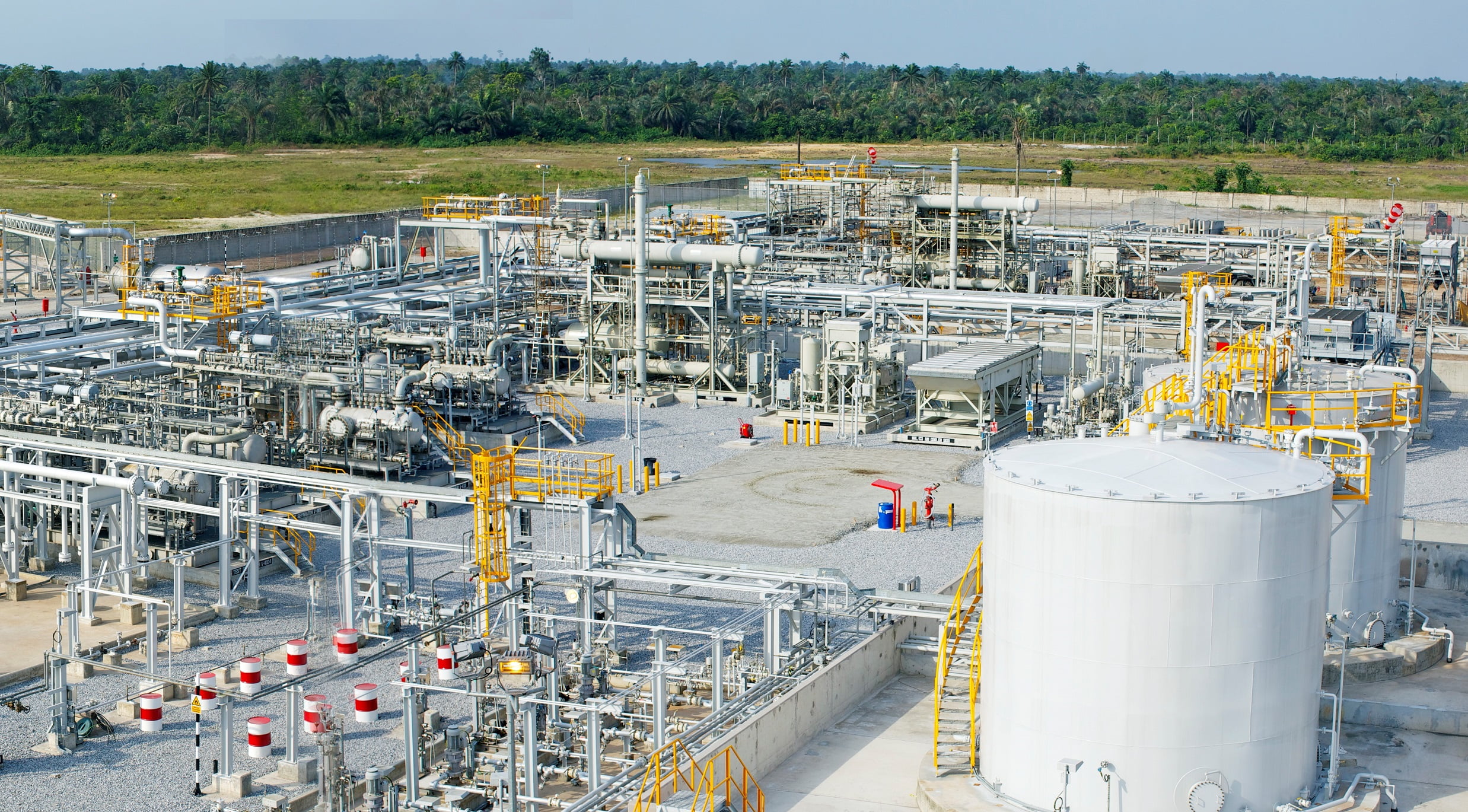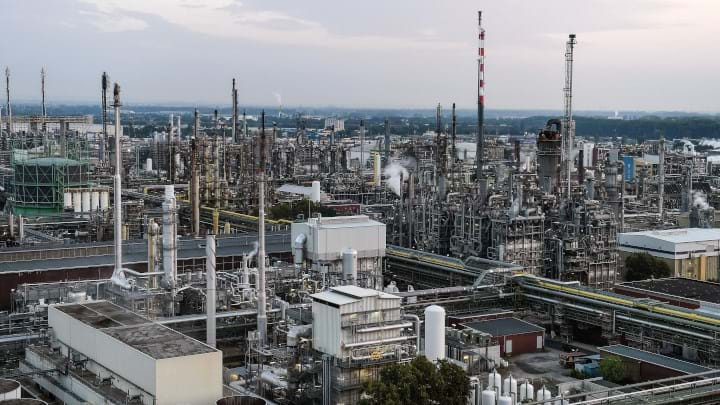Despite numerous systemic problems and high competition, financing of the chemical industry remains attractive for large commercial banks, investment funds, international financial institutions and companies from related industries. The chemical industry is an important element of the global economy and the main supplier of chemical raw materials for dozens of industries. Investments and loans in chemical industry, construction of new chemical plants and modernization of existing facilities serve as drivers of global economic growth.
Investments tendency in the chemical industry
Global investments in the chemical industry has grown over the decade since the end of the financial crisis.
Despite the expected slowdown of the world economy and the increase in gas and electricity prices, experts predict excellent long-term prospects for chemical industry projects. The emphasis of most large chemical companies on asset diversification and investing in higher value-added business opportunities remains unchanged.
The United States continues to invest heavily in the production of basic chemical products, and the country will retain its second place in the world in the coming years. At the same time, the chemical industry will develop in the areas of specialized chemical products for the oil refining industry, production of plastics and coatings, as well as special polymers, which will be growth leaders.
One of the sectors with a global demand trend for the basic chemical sector is represented by the pharmaceutical sector. Investment in this industry will provide significant opportunities for growth in the production of basic chemicals, but this growth will depend not only on the production of companies, but also on the commitment of governments to this sector.
China will remain the global leader in the chemical industry in the near future, and one of the strategic directions will the production of plastics.
China’s chemical manufacturers are betting to break out of this type of low-margin market and produce the complex products needed for national economic development. Therefore, investment in new modern plants will play a key role in China’s chemical industry.

Investments and loans in the chemical industry
Historical overview and prospects of investment in the chemical industry
Basic chemical productions are usually located in places close to the sources of supply. The basic chemical industry obtains raw materials from the air (oxygen, nitrogen), from water (hydrogen), from the earth (coal, minerals) and from the biosphere (rubber, fats, wood and alkaloids).
At the end of the 18th century, connections between rigorous scientific chemistry and industrial practice appeared. For example, the development of a chamber process for obtaining sulfuric acid or the method of soda production proposed by Leblanc.
In the second half of the 18th century, sulfuric acid, soda and potash factories already existed in France and Great Britain, and the production of chlorine bleaches and gunpowder was developing in France. All this required huge investments, which were made thanks to the rapid development of the financial sector.
In 1853, the Lviv apothecary Ignacy Lukasevich distilled crude oil into kerosene, and in 1854–1864 he started an oil refining industry in Subcarpathia, which began to develop widely in the USA only in 1859.
Today’s success has its roots mainly in 19th century Europe, when the funding of chemical plants became one of the pillars of economic growth and progress.
From the second half of the 19th century, Germany and Great Britain fought for industrial supremacy in Europe. In the chemical industry, Germany was the winner, although the First World War significantly weakened this country and forced local companies to restore their positions for many years to come. At that time, on the other side of the Atlantic Ocean, the American chemical industry was rapidly developing, fueled by scientific achievements and large capital investments.
According to the European Chemical Industry Council, in 2020 the global sales of the chemical industry exceeded 3.47 trillion euros, of which more than 1.54 trillion euros came from sales of chemical enterprises in China.
Global investments in the modernization of chemical plants
The chemical industry carries many dangers for the environment and humans. The main threat is toxic chemicals and by-products that, if not managed properly, can pose a threat to human health and the health of ecosystems, climate and biodiversity. Greenhouse gas emissions and waste generated during production, as well as high water consumption, also pose a risk.
According to approximate estimates, today more than 10 thousand chemical and pharmaceutical plants in Europe, North America and the Middle East need modernization.
The chemical industry carries many dangers for the environment and humans. The main threat is toxic chemicals and by-products that, if not managed properly, can pose a threat to human health and the health of ecosystems, climate and biodiversity. Greenhouse gas emissions and waste generated during production, as well as high water consumption, also pose a risk.
Investments and loans in the chemical industry can be especially useful right now, when the world is entering the era of Industry 4.0. It is the fourth industrial revolution after the age of steam, electricity and computers.
This requires long-term investments and loans of the chemical industry, which are measured in tens and hundreds of millions of euros for each facility.
Investments in this area will not only facilitate processes and reduce costs, but also reduce the negative impact of industry on the natural environment by increasing the use of renewable energy in production, reducing carbon dioxide emissions, increasing energy efficiency in the chemical industry and increasing the productivity of chemical plants.
The chemical industry also has solutions for situations where emissions of harmful gases cannot be reduced because they can be captured and converted into useful measures. Chemical processes also break down plastic into chemicals suitable for reuse.
Construction of new chemical plants Financing
According to the European Chemical Industry Council (CEFIC), capital spending in the global chemical industry more than tripled from 2005 to 2015, despite the financial crisis. Long-term investment loans and project finance (PF) played an important role in this growth.
Viola Funding Limited is present in many markets of Europe, Latin America, the Middle East, North Africa, East Asia, as well as in the USA, India and other parts of the world.
We offer, long-term investments loans for the construction of chemical plants, as well as loan guarantees and consulting services.
We help finance the following types of chemical facilities:
• Oil refineries. • Ethane cracker plants. • Mineral fertilizer plants. • Pharmaceutical plants. • Dye & pigment manufacturing plants. • Plastic and polymer coatings manufacturing plants. • Production of basic chemical products and others.
Viola funding Limited facilitates investments and loans in the chemical industry by helping companies build chemical plants.
eMAIL:[email protected]
Website:https://viola-funding.com/
